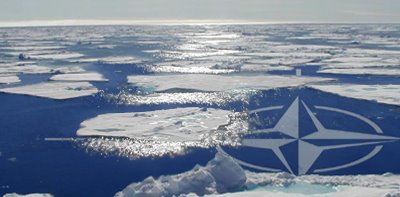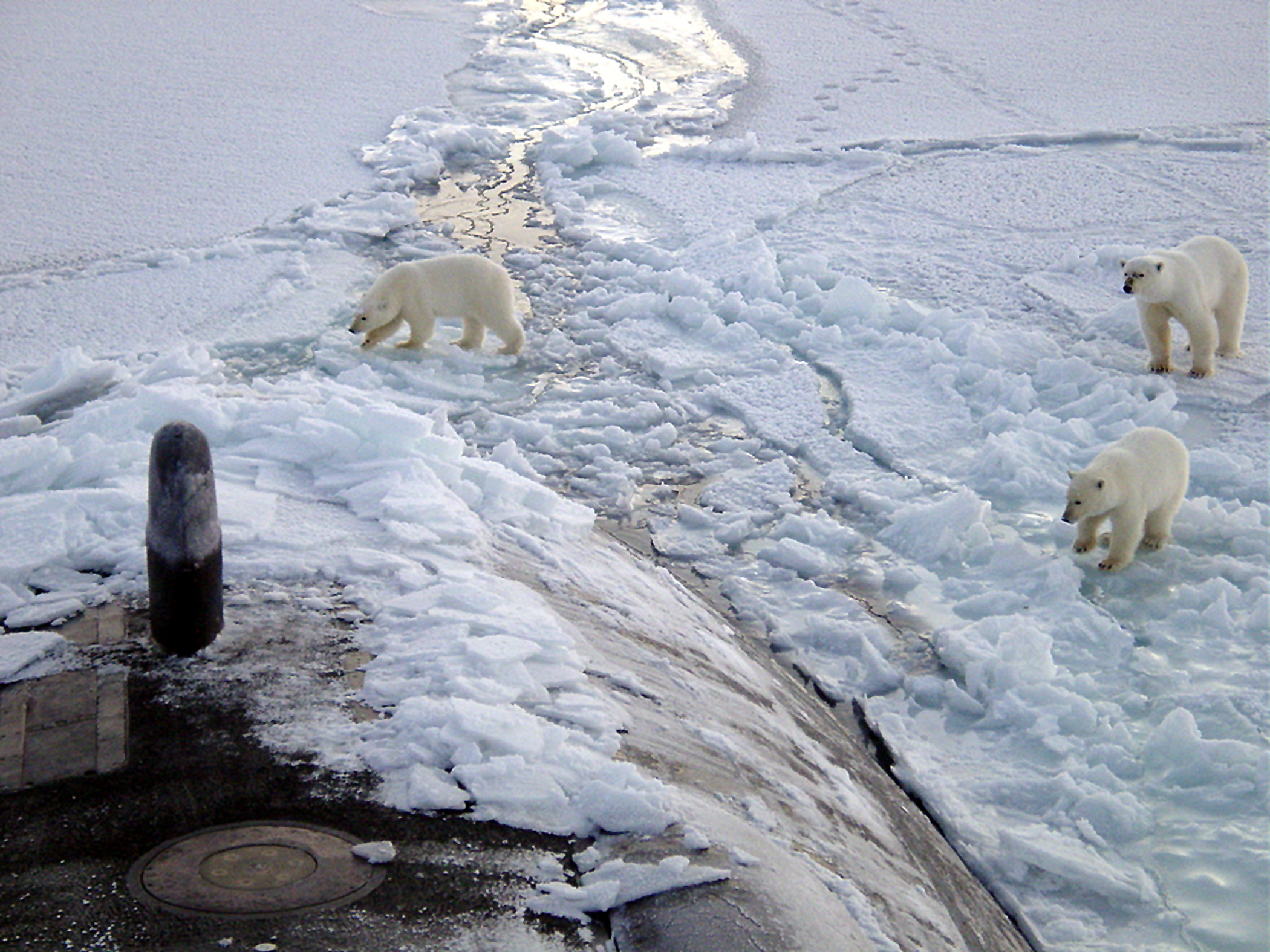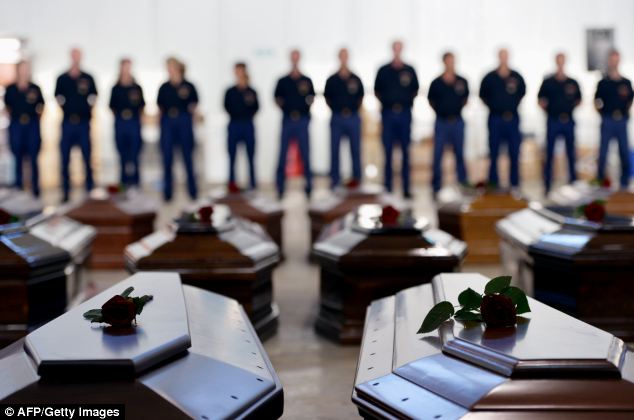
Canada is uniquely situated to initiate policies for an Arctic Nuclear Weapons Free Zone (ANWFZ) and other measures for nuclear nonproliferation in the Arctic littoral. The Canadian government has an excellent claim that the Northwest Passage (NWP) constitutes Canadian internal waters. There is no reason why Canada would not be willing to negotiate transit agreements after declaring the NWP a Nuclear Weapons Free Zone (NWFZ), but there is every reason why such agreements should deny the passage of radioactive cargoes, including nuclear weapons. Not only will declaring the NWP a NWFZ portray Canada’s stewardship role in the Arctic, it will benefit national security concerns that threaten Canadian sovereignty in the Arctic.
A NWFZ differentiates from a Nuclear-Free-Zone in that the latter implies all nuclear devices, be they for peaceful uses (such as the generation of electrical power) or military uses (such as weapons of mass destruction), should be eliminated and banned; while the purpose of establishing a nuclear weapons free zone is the elimination and banning of nuclear weapons only. Not only would an ANWFZ prohibit the use of nuclear weapons, but it would also prohibit conventional weapons attacks on nuclear installations. This is because the environmental and health fallouts from the latter would resemble the former. It is also necessary to decommission nuclear weapons facilities.
It is important to note that of the non-nuclear weapons states (NNWS) bordering the Arctic, four out of six are members of the  North Atlantic Treaty Organization (NATO), a nuclear alliance. However, NATO’s Strategic Concept states NATO is committed to the goal of creating the conditions for a world without nuclear weapons, but reaffirms that, as long as there are nuclear weapons in the world, NATO will remain a nuclear Alliance. Albeit a nuclear Alliance, NATO can be productive towards efforts for NWFZs in the Arctic. Neither the presence of nuclear-capable submarines under Arctic waters nor the presence of nuclear weapons possessed by a nuclear weapon state need necessarily prevent the creation of a NWFZ in the Arctic. Furthermore membership to a nuclear alliance need not prevent a state from cooperating with a NWFZ: South Pacific NWFZ includes Australia, which is in a nuclear alliance with the US, while the Central Asia NWFZ includes three states that remain in a nuclear alliance with Russia under the Tashkent Treaty.
North Atlantic Treaty Organization (NATO), a nuclear alliance. However, NATO’s Strategic Concept states NATO is committed to the goal of creating the conditions for a world without nuclear weapons, but reaffirms that, as long as there are nuclear weapons in the world, NATO will remain a nuclear Alliance. Albeit a nuclear Alliance, NATO can be productive towards efforts for NWFZs in the Arctic. Neither the presence of nuclear-capable submarines under Arctic waters nor the presence of nuclear weapons possessed by a nuclear weapon state need necessarily prevent the creation of a NWFZ in the Arctic. Furthermore membership to a nuclear alliance need not prevent a state from cooperating with a NWFZ: South Pacific NWFZ includes Australia, which is in a nuclear alliance with the US, while the Central Asia NWFZ includes three states that remain in a nuclear alliance with Russia under the Tashkent Treaty.
Furthermore, NATO’s Strategic Concept promotes disarmament of both conventional weapons and weapons of mass destruction, as well as non-proliferation efforts. The mandate also states that the Alliance seeks to create conditions for a world without nuclear weapons in accordance with the goals of the Nuclear Non-Proliferation Treaty, in a way that promotes international stability. Therefore NATO’s role could be useful to influence nuclear disarmament. Arctic experts recommend the use of NATO as a tool to exercise a détente policy, or relaxation of tensions with an adversary in the Arctic, such as the renewal of arms control or disarmament. NATO’s role in exercising arms control or disarmament in the Arctic will be conducive to getting closer to an ANWFZ.
In 1997 NATO-Russian relations were institutionalized in a Permanent Joint Council forum, which evolved into the Russia–NATO Council (RNC) created in 2002 for handling security issues and joint projects. Therefore, to address the particular cause of the problem, a different policy suggestion might be to utilize the RNC and create a joint forum for discussing an ANWFZ with the United States, Russia, and NATO members. If the exercise is accommodated under the existing RNC and Partnership for Peace (PFP) initiative, it would also include Sweden and Finland.

In 2013, NATO’s former Secretary-General Anders Fogh Rasmussen stated, “Although NATO is aware of increasing concerns among Nordic and Baltic nations about Russia’s military rebuilding programs, there will be no major change in the alliance’s strategic position in the High North.” However, the former Norwegian Prime Minister Jens Stoltenberg stated that the High North is a top defense priority, and that Norway will continue to encourage NATO and the European Union to play a higher role in its security. All of the Nordic states would like to see a greater NATO military presence in the High North. As of March 2014, the 28 Allies appointed the former Norwegian Prime Minister to succeed Mr. Anders Fogh Rasmussen as Secretary General; one begs the question whether this change in leadership will influence a NATO’s role in the Arctic.
The two nuclear states in the Arctic, the Russian Federation and the United States, have recently agreed to significant reductions under the New START treaty and continue to consider other mutually acceptable nuclear weapons reductions. A united front of Non-nuclear weapons states (NNWS) in tandem with the ongoing negotiations for reduction of stockpiles of nuclear weapons is promising for the inception of an ANWFZ Treaty. Therefore the policy suggestion to use the RNC, NATO and PFP addresses one of definitive problems of militarization in the Arctic, namely the threats to human security in the region. Militarization of the Arctic and turning the Arctic into a new military front is also surely not in Canada’s interests given its limited capacity to mount a military presence in the region. However, with a broadened definition of ‘security,’ the process can address civil emergencies and large-scale search and rescue operations, ecological relief from nuclear weapons induced pollution and maritime security issues.




